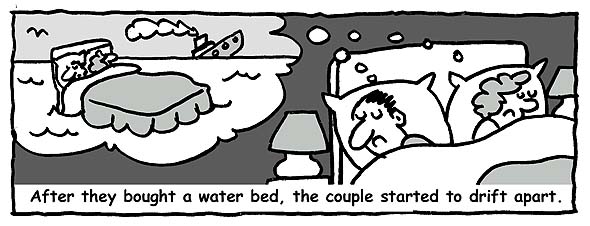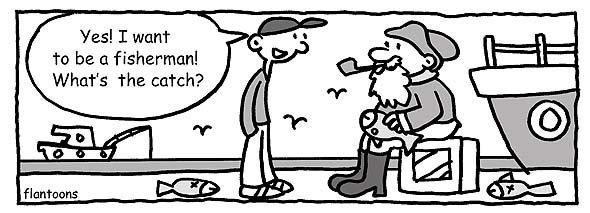
Some of you may be studying at our English school in Cape Town, and I'm sure you've become fascinated by the country's history.
Quantity nouns are the particular sets of words, such as phrases or terms, that you use to tell the quantities of certain things
Example: "Do you want a bottle of water?"
Of course, some quantity nouns have precise definitions and can only be used to tell the quantities of certain countable and uncountable nouns. Some of the special exceptions are:
In everyday business and social situations, it is necessary to ask and answer questions. When participating in a conversation we need to know what information is being discussed in order to ask appropriate questions using the correct 'question words' and to provide correctly structured responses.
Here's a view review to test your knoweledge of prepositions used in time experssions.
Complete these sentences with in, at, on, for, ago, since or nothing (you must type in the word 'nothing' when no time expression is needed).
Using the prompts to guide you, write a suitable response by using a conditional.
Start your sentences with if.
1. "I'm looking for a new red dress."
"If I / see one, I / let / you know."
2. "I left my wallet at home.
"If I / have / some money, I / buy something to eat."
Here's a quick review of the present continuous, with a quiz to see how well you remember the rules. We use the present continuous:
To talk about actions happening in that exact moment.
To talk about fixed plans in the near future.
To talk about temporary actions.
To talk about longer actions happening around the moment of speaking.
To talk about trends.
To talk about repeated actions that annoy us.

Let's take a look at the verb drift and the phrasal verb drift apart:
Drift (verb) - When something is carried by currents of water (or air) it drifts. The water moves it, usually slowly:
"Didn't you notice that the boat was starting to drift out to sea?"
I want to spend a lot of my summer in the garden. Here's a description of my grandparents garden. Can you complete the gaps with the missing garden related vocabulary? Good luck!
Bonus question: What do people in America call a garden?
Lesson by Caroline
We're nearing the end of our A-Z series. We've looked at some new verbs and some new adjectives, now it's time to look at nouns! Look at the sentences and decide which noun fits in each gap. Then make your own sentences, or see if you can list some more nouns that begin with the same letter. Good luck!
Lesson by Caroline

Let's look at two uses of catch:
As a verb catch can mean to capture; not allow a person, animal or thing to escape:
"The fisherman caught a fish in his net."
"The police are still trying to catch the man who escaped from jail last night."